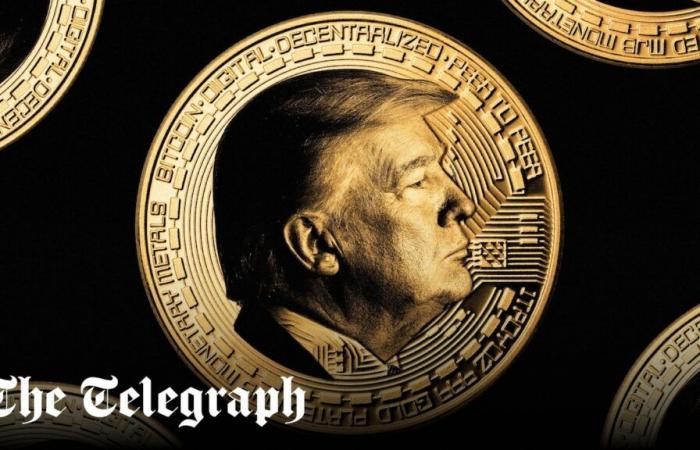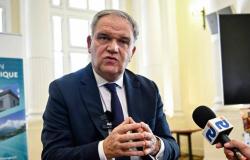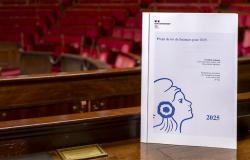The cryptocurrency industry has become an astonishingly effective Washington lobbying force in recent years.
Three political action committees, Fairshake, Defend American Jobs and Protect Progress, spent more than $133m supporting both Republican and Democrat candidates who voiced pro-crypto views during the campaign.
As of Monday morning, 52 out of 56 House and Senate candidates backed by the three organisations had won election or were leading races.
Armstrong, whose company was one of the biggest donors to pro-crypto campaign groups, said it would be the “most pro-crypto Congress ever”.
But Trump himself was the big prize. While Kamala Harris had made a late attempt to embrace the crypto industry, pledging to support innovation in digital assets, the Trump campaign had courted Bitcoin backers for months.
In June, Trump attended a fundraising dinner at the San Francisco mansion of prominent backer David Sacks, promising to be a “crypto president”.
The campaign’s biggest crypto moment came when Trump delivered a speech at the annual Bitcoin conference in Nashville, an event that came after months of petitioning from cryptocurrency entrepreneur David Bailey.
At the conference, Trump warned: “If we don’t embrace crypto and Bitcoin technology, China will, other countries will, they’ll dominate, and we cannot let China dominate.”
He also vowed to fire Gensler on “day one” and promoted crypto fans’ pet policies such as self-custody, the idea that individuals can store their own Bitcoin, rather than having it saved in an online wallet.
In a later interview to promote his own cryptocurrency venture, Trump declined to provide any concrete details on the business and admitted he relies on crypto advice from his 18-year-old son Barron.






